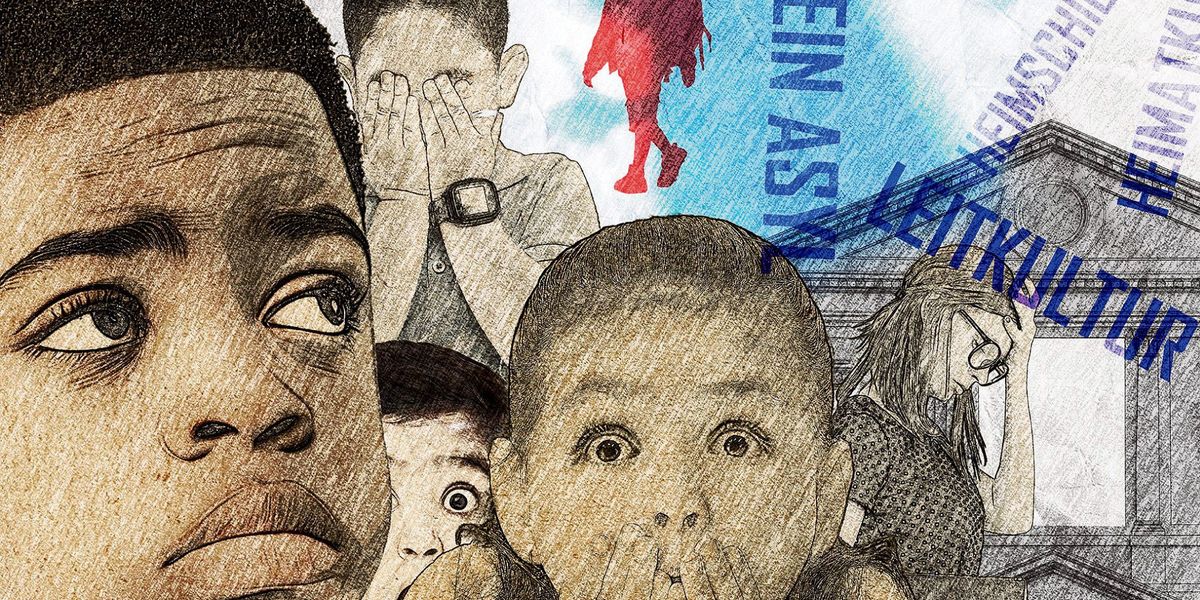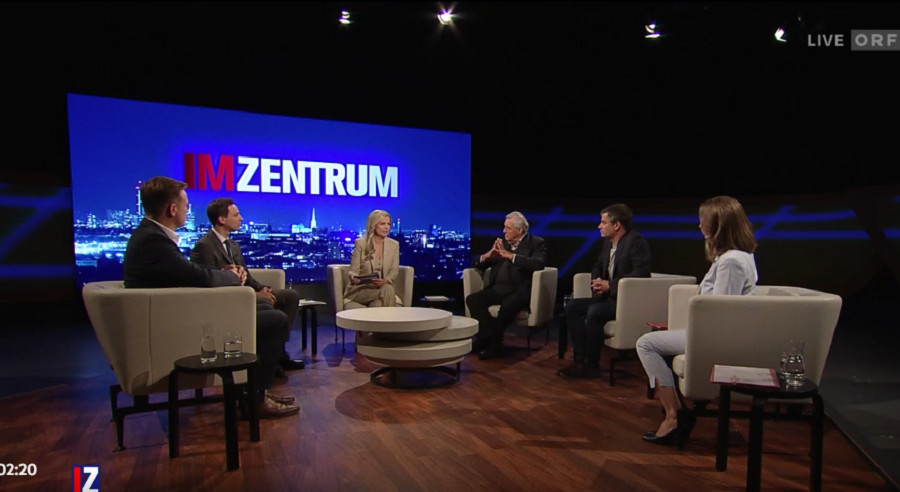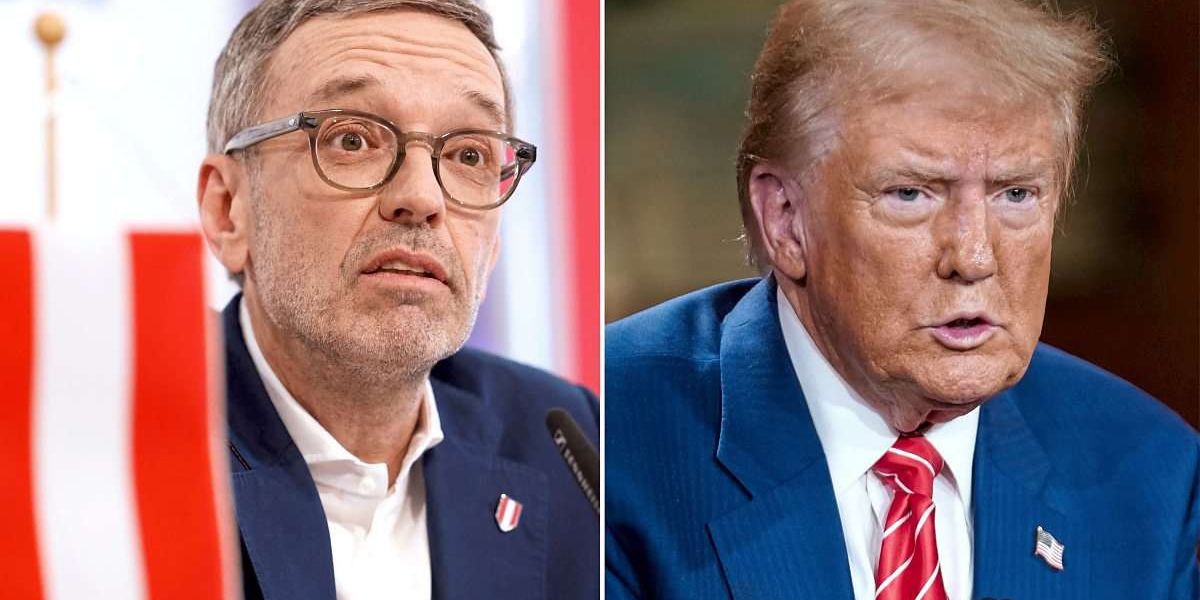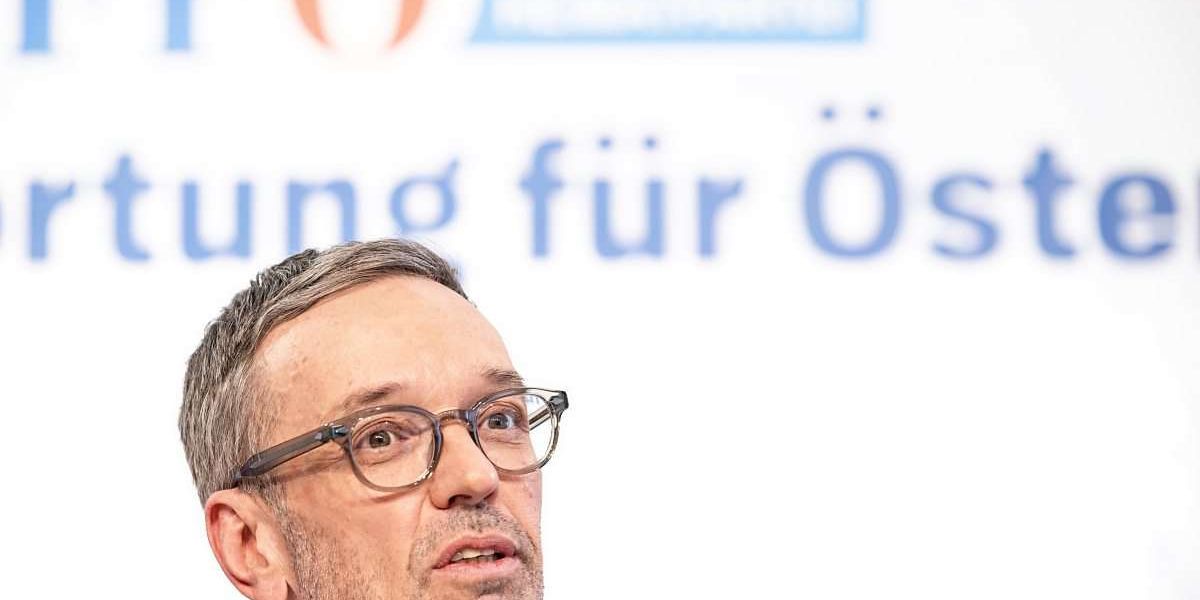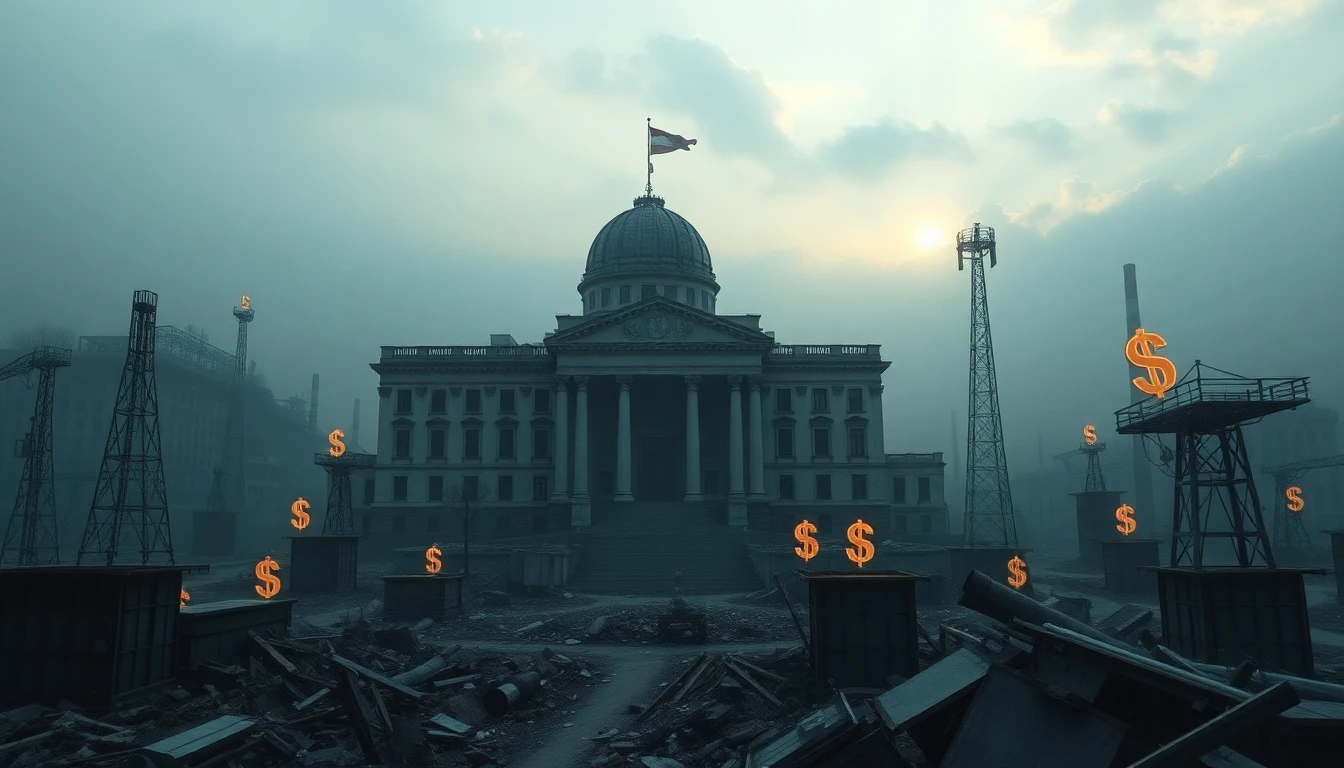Austria is currently facing a political stalemate, often compared to a chess game, where no party can make a decisive move.
This situation, described as a 'stalemate paradox,' reflects a complex political landscape following recent elections.
The Freedom Party of Austria (FPÖ), despite its electoral success, finds itself isolated, unable to form a coalition due to its divisive rhetoric and lack of willing partners.
Meanwhile, the broader political scene is marked by uncertainty, with no clear path to forming a stable government.
This impasse is further complicated by Austria's economic challenges, including a significant budget deficit, which limits the new government's potential for economic reform.
As political leaders navigate this intricate situation, the need for compromise and innovative solutions becomes increasingly urgent.

